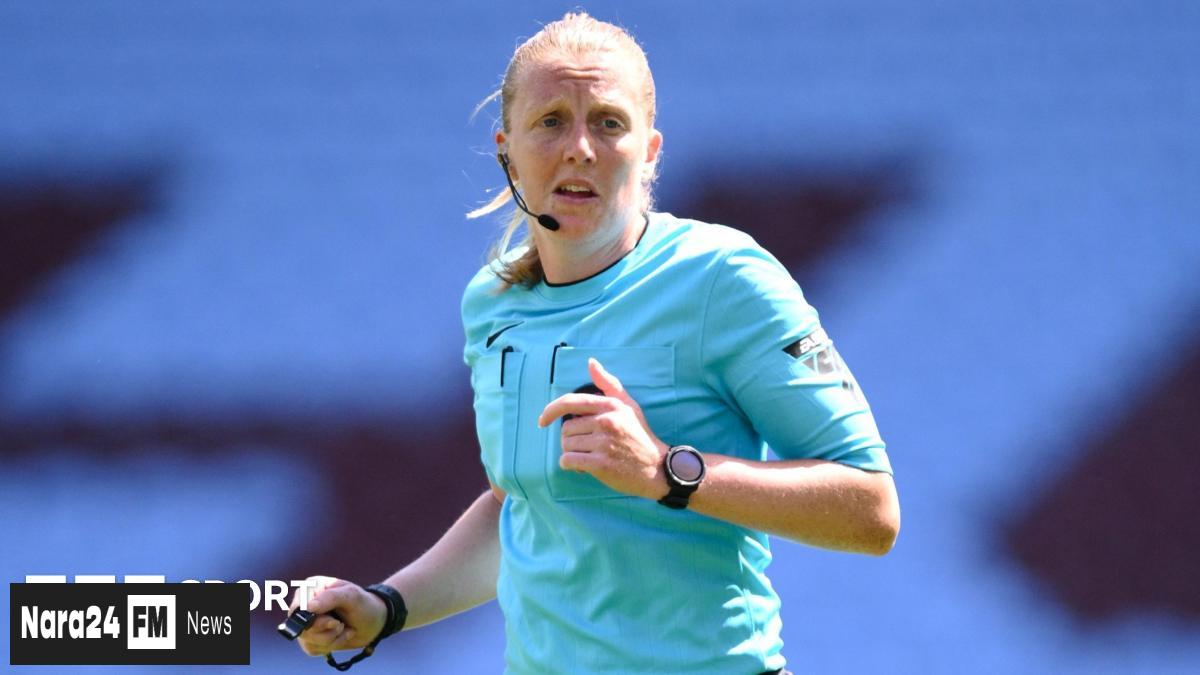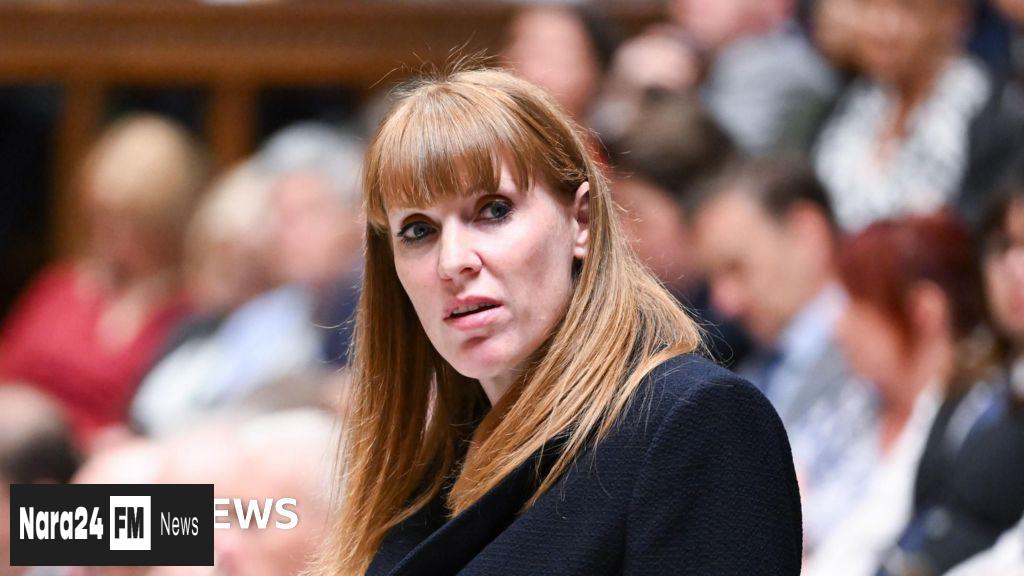The UK government has unveiled plans to prohibit the use of non-disclosure agreements (NDAs) to silence victims of workplace sexual harassment or discrimination. This move comes as part of an amendment to the Employment Rights Bill, which is anticipated to become law later this year. The new legislation will render any confidentiality agreements that prevent workers from speaking out about harassment or discrimination claims null and void.
Deputy Prime Minister Angela Rayner emphasized the importance of ending this practice, stating, "It's time we stamped this practice out." The issue of NDAs being used to conceal criminal behavior gained widespread attention following the case of Zelda Perkins, former assistant to Hollywood producer Harvey Weinstein. In 2017, Perkins broke her NDA to accuse Weinstein of sexual abuse, sparking a global reckoning on workplace misconduct.
More recently, the late Mohamed Al Fayed, former owner of Harrods, faced allegations of using confidentiality clauses to silence women who accused him of rape and abuse. NDAs, which are legally binding documents designed to protect confidential information, have increasingly been misused to suppress victims' voices.
Zelda Perkins, who has been campaigning for legal reform for over seven years, hailed the amendment as a "huge milestone." Perkins, who leads the campaign group Can't Buy My Silence UK, said the government had "listened and understood the abuse of power taking place." She also credited the victory to those who risked everything by breaking their NDAs to speak the truth.
The proposed changes align the UK with countries like Ireland, the United States, and certain Canadian provinces, where NDAs are already banned from being used to prevent the disclosure of sexual harassment and discrimination. However, Perkins stressed the importance of ensuring the regulations are robust to prevent any future misuse.
Employment Rights Minister Justin Madders condemned the "misuse of NDAs to silence victims," calling it "an appalling practice." He added that the amendments would empower millions of workers, ensuring that inappropriate workplace behavior is addressed rather than concealed.
The amendments will be debated in the House of Lords on 14 July and, if approved, will require final endorsement by Members of Parliament before becoming law.








Comments (0)
Leave a Comment
Be the first to comment on this article!